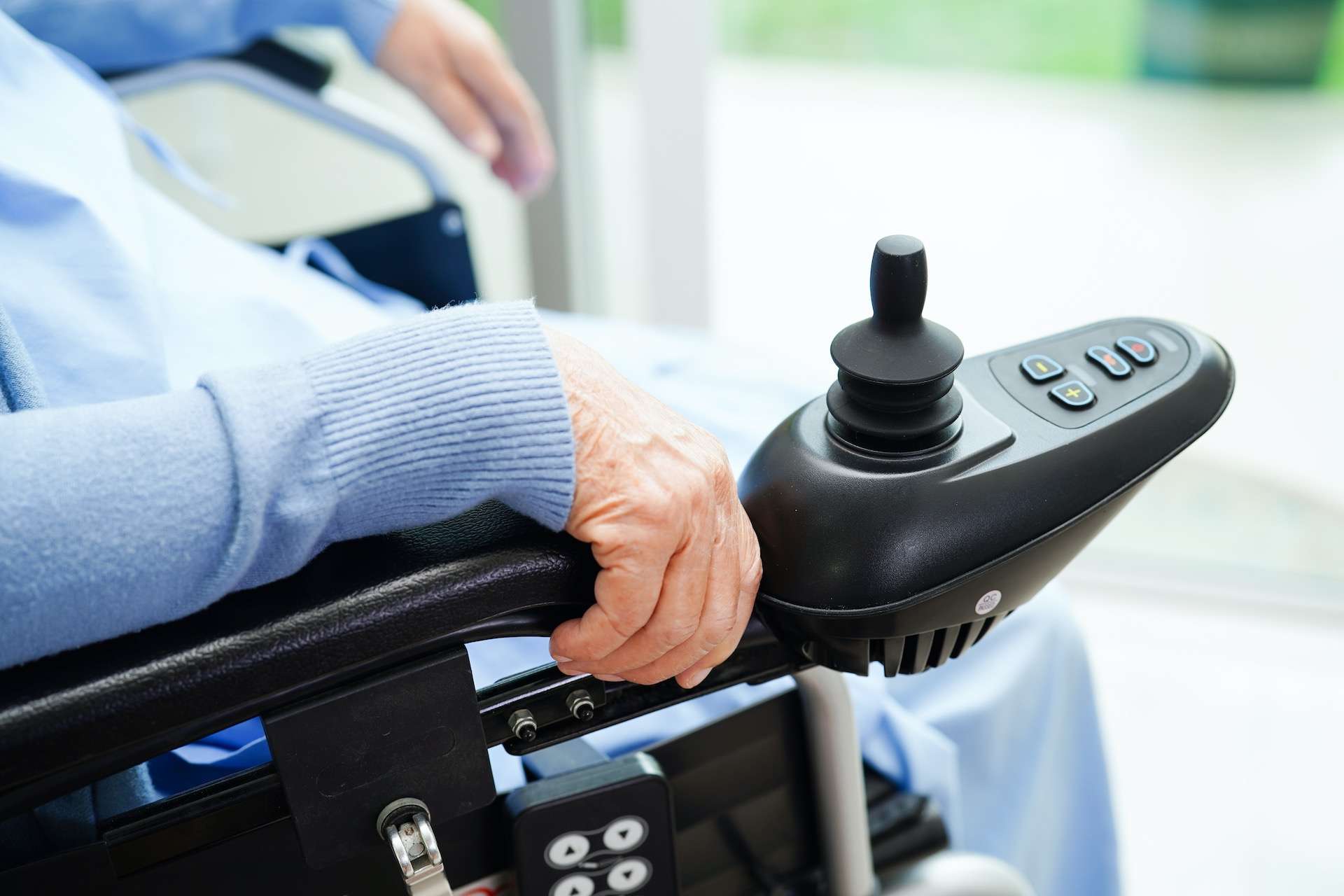On this year’s International Day of People of Determination, which falls on Saturday, Antonio Guterres, the United Nations Secretary-General, called for transformative, innovative solutions in a world where crises disproportionately impact people of determination. Guterres emphasized the need for greater public-private sector collaboration in developing strategies that benefit people of determination, who should also be involved in their development.

Disability affects 15 percent of the population – one in seven – according to the United Nations. The key to ensuring that these more than one billion people lead fulfilling lives in which their rights are respected and their contributions are rewarded is understanding. Through the eyes of two South Korean artists with disabilities, a newly released UN documentary illustrates this vision of integration. It provides a more comprehensive perspective on what inclusion means today. Breaking Barriers One Brushstroke at a Time provides viewers with an insight into the homes and lives of artists, teaching them to listen through their art.
There is far more to these works than a simple social development activity. The works of these artists with autism are intrinsically artistic in their own right. They have been exhibited at the Seoul Arts Center, the largest and most prestigious venue of its kind in the entire country. The documentary tells a specific story of struggle through intimate glimpses into the lives and loves of two artists, Hansol Kim and Hyeshin Park, as well as universal themes: finding our voice in a world that doesn’t listen, expressing truths that rise above the noise, and coming of age by accepting oneself and the contributions we have to make.
Using a balanced pace and imaginative sensibility, Breaking Barriers illustrates that inspiration is everywhere, and disability is just a matter of perspective. Art can capture and comprehend our common humanity. Transformative solutions for inclusive development: fueling an accessible, equitable world through innovation is this year’s theme. On this day, we focus on promoting the rights and well-being of people with disabilities at every level of society and development, and bringing awareness to the situation of people with disabilities in all aspects of life – political, social, economic, cultural.
The WHO joins this initiative, emphasizing the importance of ensuring the rights of people with disabilities, so they can participate fully, equally, and effectively in society with others. Assistive technology is needed by 2.5 billion people, according to the Global Report on Assistive Technology. By 2050, the demand is expected to reach 3.5 billion. Depending on the application, the requirement may range from a spectacle to a highly advanced myoelectric hand or robotic exoskeleton. Nine out of 10 people who need assistive technology don’t have access to it, which adversely impacts education, livelihood, health, and well-being of individuals, families, communities, and societies.

